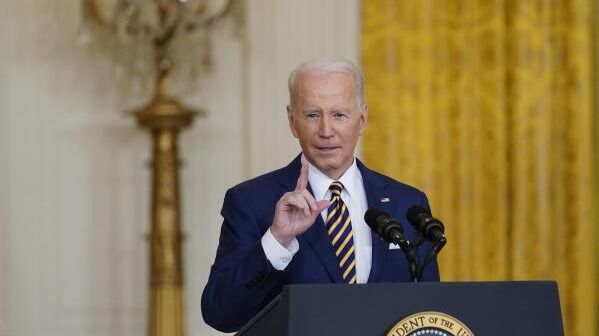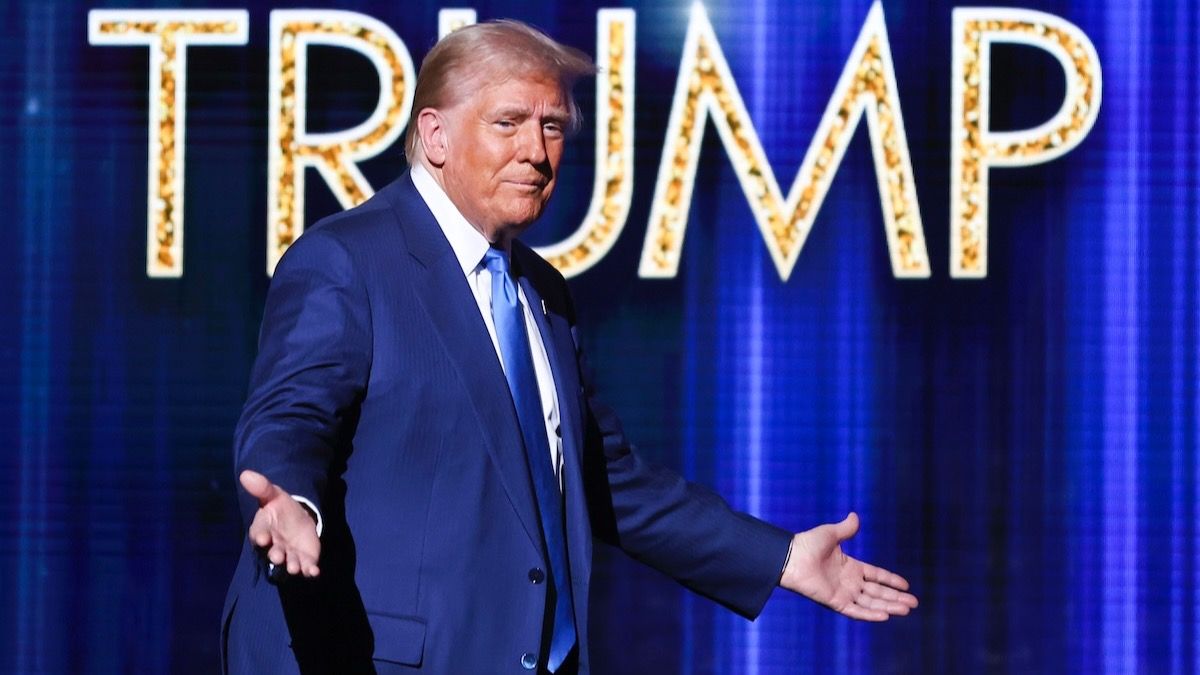In its last days, the Biden administration is set to bolster the powers of the Committee on Foreign Investment in the United States (CFIUS), giving the secretive panel new tools to scrutinize cross-border mergers and acquisitions more closely. This move comes at a time of heightened concerns about national security risks tied to foreign-linked transactions, especially those involving China.
Why This Matters
The expanded authority of CFIUS could have significant implications for global businesses, as it sharpens the U.S. government’s ability to assess and block deals that pose potential threats. The changes, which include increased penalties and broader investigative powers, mark one of the administration’s final business-related actions and could prove difficult to reverse politically.
CFIUS’ enhanced oversight aligns with a growing trend of politicizing foreign mergers, particularly those involving critical technologies or proximity to sensitive U.S. sites. For the incoming Trump administration, these changes may present both a challenge and an opportunity, potentially influencing the expected surge in cross-border deals.
Key Changes to CFIUS’ Powers
The updated rules, set to be issued on Monday, grant CFIUS several new tools to intensify its scrutiny:
Expanded Subpoena Power: The committee can now demand information to assess national security risks even before a formal review of a deal begins.Higher Fines: Companies could face penalties of up to $5 million for misstatements or omissions, a significant increase from the current $250,000 cap.Stricter Timelines: Businesses will be required to respond to CFIUS proposals within tighter deadlines.
A Tougher Review Panel
The new rules underscore a more proactive stance by CFIUS, which has already increased its enforcement activities. Over the past two years, the committee has issued three times more penalties than in its previous 50 years combined, according to the Treasury Department.
CFIUS has been at the center of several high-profile cases, such as its recommendation to unwind ByteDance’s acquisition that created TikTok due to security concerns. A Biden-era executive order further expanded CFIUS’ scope to include risks to the U.S. supply chain, illustrating the administration’s focus on safeguarding critical industries.
Paul Rosen, the assistant Treasury secretary for investment security, described the updated rules as part of a broader evolution for CFIUS. “We see this as part of a broader evolution of CFIUS,” Rosen said, as per a report from Axios, emphasizing that the goal is to incentivize safe investments while expediting non-risky transactions.
Implications for Foreign Deals
CFIUS’ increased authority could deter some companies from pursuing cross-border deals, especially those with ties to nations like China. Recent moves, such as granting CFIUS the power to investigate real estate purchases near U.S. military sites, reflect a broader effort to protect national security interests.
For instance, lawmakers have urged CFIUS to block Nippon Steel’s proposed acquisition of U.S. Steel, citing supply chain risks. Similarly, concerns over Chinese access to U.S. technological secrets have driven previous decisions, such as CFIUS’ scrutiny of Huawei and ByteDance.
A Rare Overlap Between Administrations
The Biden administration’s actions reflect continuity with Trump-era policies, which first overhauled CFIUS amid growing concerns over Chinese investments. This bipartisan alignment suggests a higher threshold for foreign-linked deals moving forward, regardless of political leadership.
As CFIUS gains more power, its role in shaping the U.S. economy and protecting national security is set to grow. While the updated rules aim to streamline safe investments, they also signal a tougher stance on controversial mergers. Businesses pursuing cross-border deals should expect greater scrutiny and prepare for the possibility that politicians may intervene before the committee even delivers its verdict.
Explained: How, In Its Last Days, The Biden Administration Is Strengthening CFIUS world-news World News | Latest International News | Global World News | World Breaking Headlines Today




